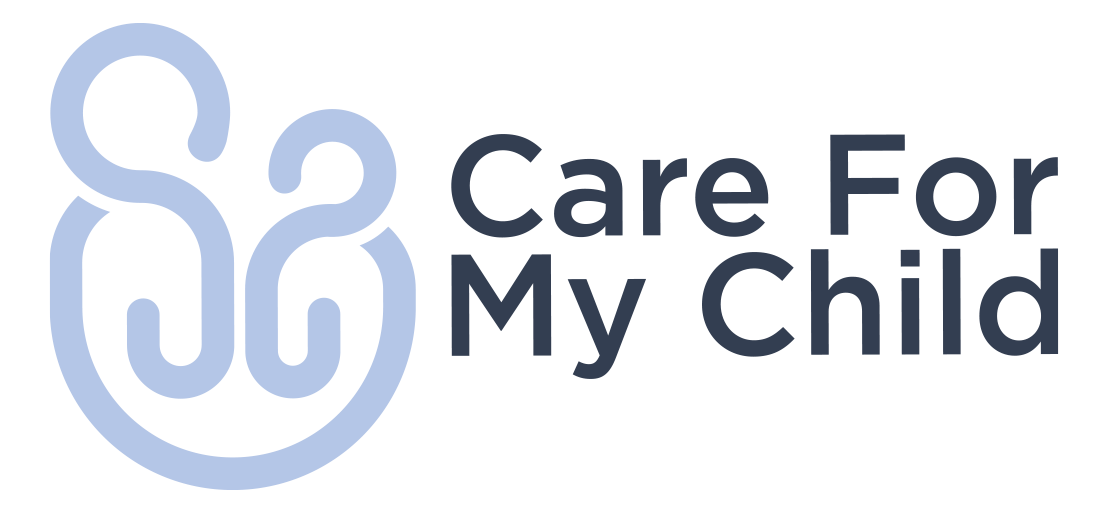Milk Matters: Unmasking the Mysteries of Cow’s Milk Protein Allergy
Introduction:
“It takes a village to raise a child.” But within that village, knowledge is the key. As parents, one of the hurdles you might come across is understanding food allergies and intolerances, especially when they emerge at an early age. One allergy that is frequently discussed is Cow's Milk Protein Allergy (CMPA) and with a wide range of symptoms, it can be difficult to diagnose.
What is Cow's Milk Protein Allergy (CMPA)?
CMPA is a reaction to the proteins found in cow's milk. This differs from lactose intolerance, which is an inability to digest the sugar (lactose) in milk, due to the lack of the enzyme called “Lactase” which breaks down . With CMPA, the body mistakenly identifies the proteins in cow's milk as harmful invaders, causing the immune system to react to them.
There are two types of CMPA:
Immediate (IgE-mediated):
This involves the release of Immunoglobulin E (IgE) antibodies. In infants with CMPA, when cow's milk protein is consumed, the immune system, thinking it's under attack, releases IgE antibodies. These antibodies bind to the offending proteins, triggering a cascade of events that lead to the release of various chemicals, including histamine.
This results in symptoms that can be immediate (within 2 hours of ingestion) and potentially severe, such as a rash, hives, swelling, or anaphylaxis.
Delayed (Non-IgE-mediated):
This is a more complex, delayed reaction (between 2-48 hours after ingestion) and doesn't involve IgE antibodies. Instead, other parts of the immune system are activated, leading to inflammation in various parts of the body, often the digestive system.
This can result in a range of symptoms like reflux, eczema, diarrhoea, constipation or blood in stools.
Understanding the type CMPA is crucial not just for accurate diagnosis but also for effective management. If you suspect your child might have CMPA, seeking professional medical advice is imperative to ensure their health and well-being.
Managing CMPA:
For Infants Under 6 Months:
For the Breastfeeding Parent: a dairy exclusion diet might be advised to prevent indirect exposure of cow's milk protein to the infant
For Formula-fed Infants: there are alternative formulas available on prescription - see our bottle-feeding blog for more information
Extensively Hydrolysed Formula (eHF) - the cow’s milk proteins are broken down extensively into smaller pieces called peptides, to minimise allergic reactions
Amino Acid-Based Formula: Ideal for severe reactions or non-tolerance to eHF, this formula is made of amino acids – the fundamental building blocks of proteins. There is little to no risk of an infant with CMPA having ongoing symptoms on this type of milk
For Mixed-fed Infants:
A combination of dairy exclusion whilst breastfeeding and an alternative formula for supplementation
For older infants or those who are weaning:
You may need to start the weaning process without dairy but a healthcare professional will help guide you through this.
It is wise to check food product labels as hidden cow's milk protein or its derivatives can unexpectedly be included in food.
Conclusion:
The good news is most children grow out of it! CMPA, while challenging, is entirely manageable with the right knowledge and resources. With careful planning and vigilance, your child can lead a healthy, happy life free from the symptoms of CMPA. Always remember, the more you know, the better equipped you are to ensure the safety and well-being of your child. If you would like a professional consultation for advice and support when you can book through the link below.
Further Reading and Resources:
Allergy UK: Allergy UK | National Charity
NHS – Cow's milk protein allergy: What should I do if I think my baby is allergic or intolerant to cows' milk? - NHS (www.nhs.uk)
The British Society for Allergy and Clinical Immunology (BSACI): Home - BSACI
